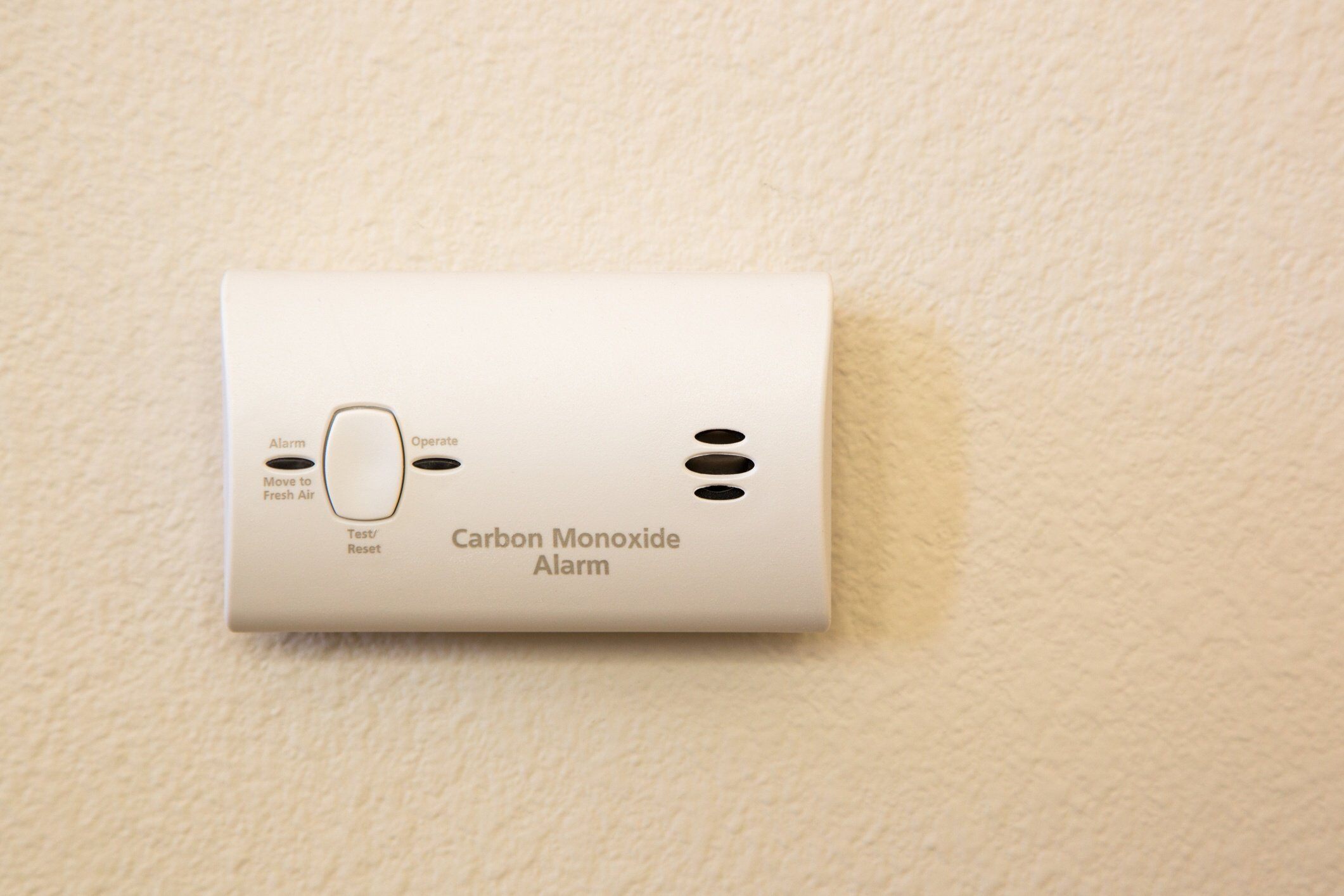 Homeowner associations with common area buildings and structures are required to stay up to code and should schedule their local fire inspector to assess buildings on an annual basis.
Homeowner associations with common area buildings and structures are required to stay up to code and should schedule their local fire inspector to assess buildings on an annual basis.
One item on that inspection will be an assessment of the smoke detectors. One major safety concern to also consider is carbon monoxide, or CO.
Carbon monoxide is a poisonous gas that can be particularly dangerous because it is colorless and odorless. A byproduct of burning fuels such as gasoline, propane, kerosene, natural gas, oil, wood or coal, carbon monoxide is emitted from internal combustion made by engines, like those that power lawn mowers, portable generators, cars, power washers and many household appliances such as furnaces, ranges, fireplaces, water heaters and room heaters.
Headache, nausea, dizziness and even permanent brain damage or death can occur. Hundreds of people die each year from accidental CO poisoning, many of them while using portable generators during severe weather.
CO poisoning in association buildings such as club houses, cabanas, and BBQ areas can be prevented.
Tips to Prevent CO Poisoning
- Educate association members about the causes of CO poisoning and how to prevent exposure to this deadly gas. Create annual notices and post them at common area locations such as mailbox units or posting cases.
- Do not use portable generators indoors, including in garages, carports, storage sheds and the like, even with doors and windows open. CO can quickly build to lethal levels in even partially enclosed spaces.
- Do not place pressure washer engines indoors, and, when using pressure washers outdoors, keep engines away from open windows, doors or vents during use, as CO can seep inside through the openings.
- HOA boards should always hire qualified professionals when installing new furnaces and appliances. This includes inspecting and servicing your HVAC systems, chimneys and flues. A blocked or damaged chimney can cause CO buildup in your home.
- Never service fuel-burning appliances without proper knowledge, skills and tools and always refer to the owners’ manual when performing minor adjustments or performing maintenance on fuel-burning equipment.
- Never use portable fuel-burning camping equipment or burn charcoal indoors.
- Never leave a car running in a garage, even with the garage door open.
- Never use a gas oven or clothes dryer to heat a space.
- Never operate un-vented fuel-burning appliances in any room where people are gathering.
- Do not cover the bottom of natural gas or propane ovens with aluminum foil. Doing so blocks the air flow through the appliance and can produce CO.
- Most important, install CO detectors throughout your common area buildings and remind Association members to do so in their homes, especially in hallways near sleeping areas.
- Don’t forget to follow the manufacturers’ instructions for testing and replacing.
- Keep detectors unobstructed by furniture or draperies. Many brands of smoke detectors now also detect for carbon monoxide, you may be able to upgrade your detectors to these dual-purpose devices.
For additional details about how to prevent CO poisoning, visit the Consumer Product Safety Commission’s website. A don't forget the importance of having a regular maintenance schedule in your homeowners association.

.jpg)








